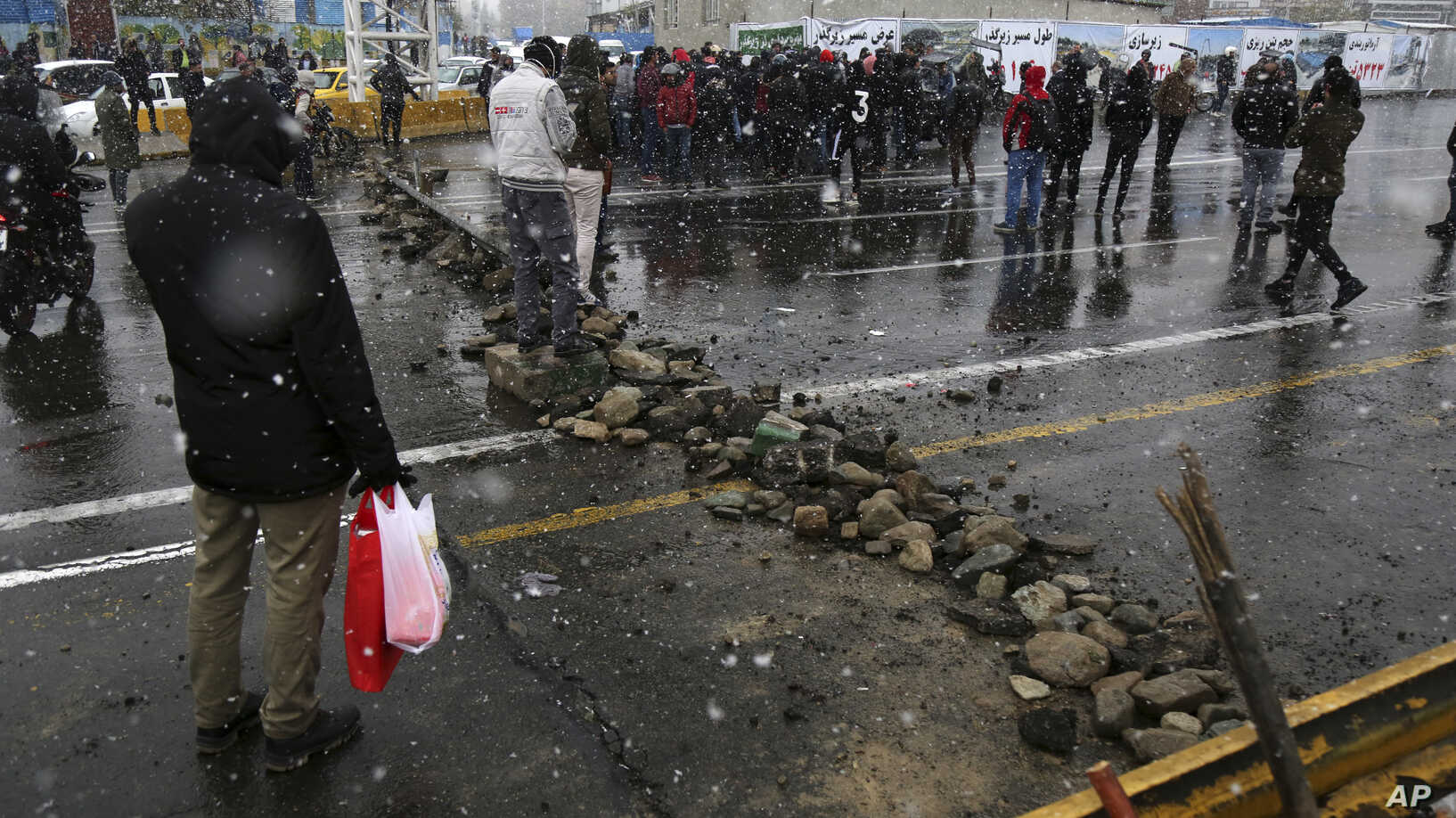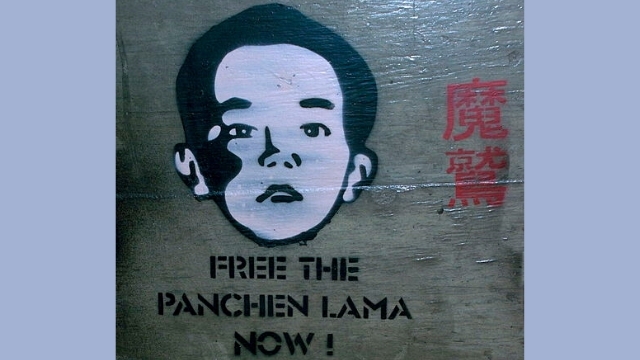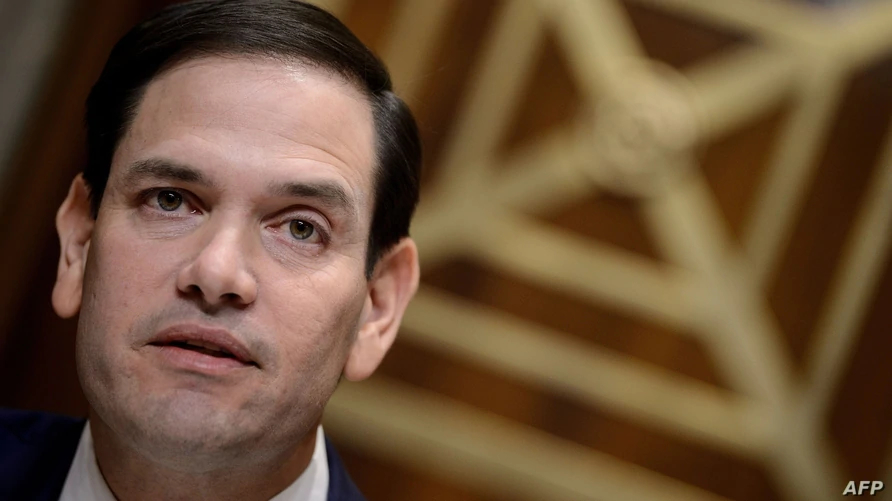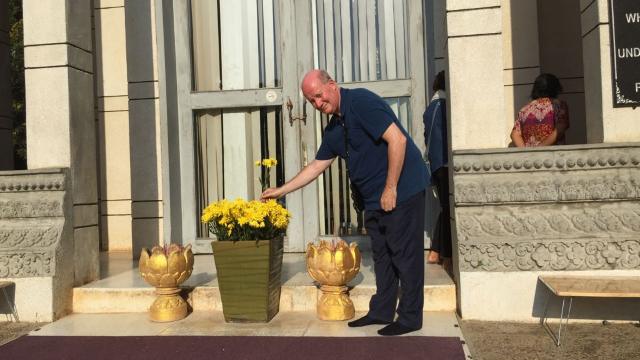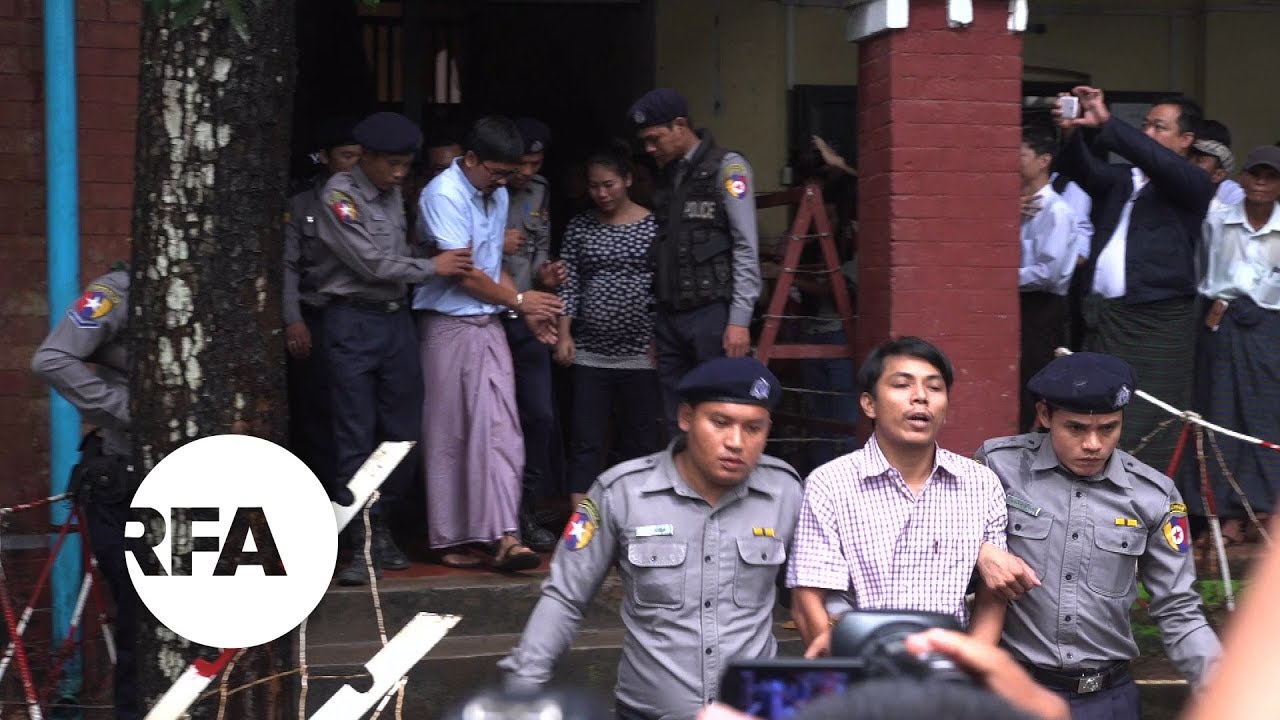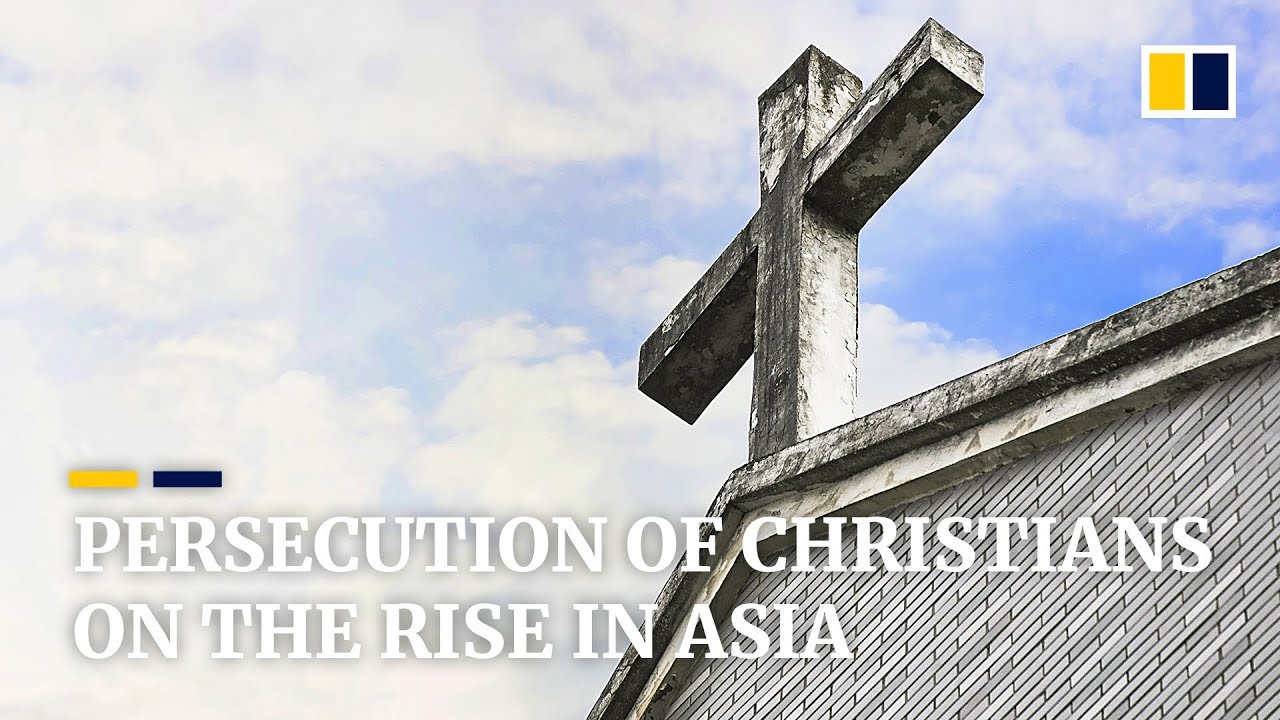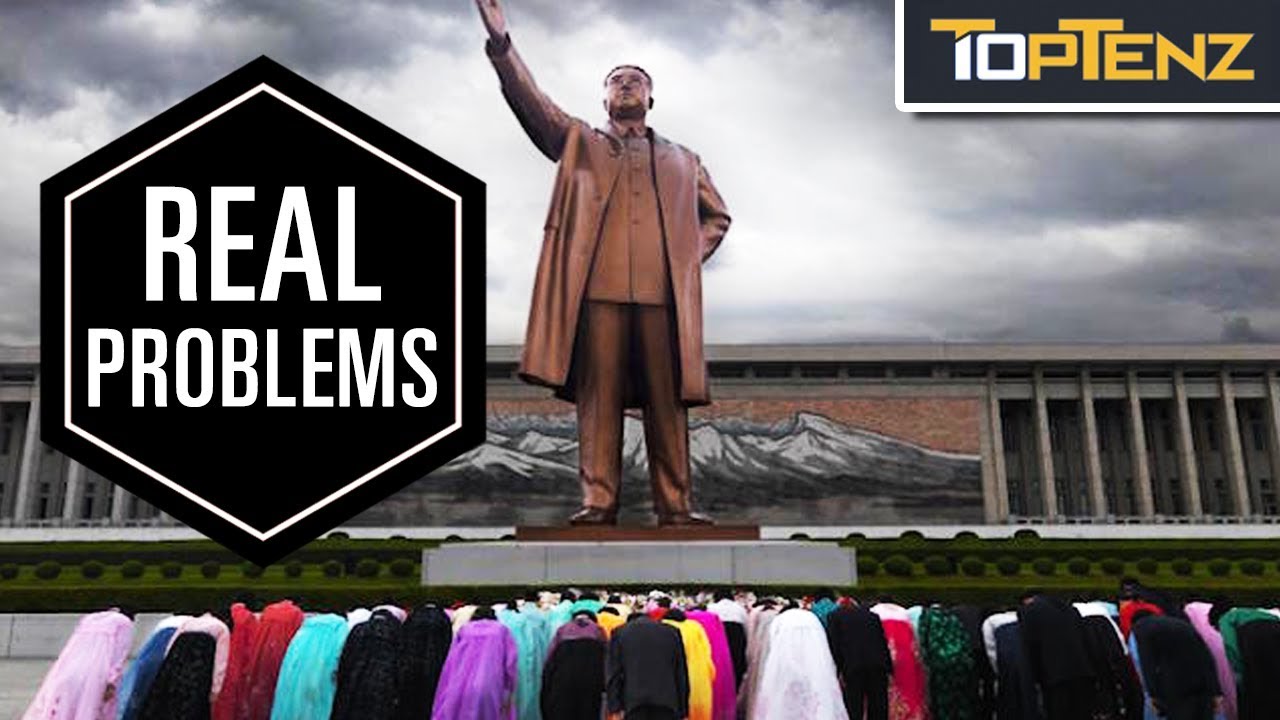Remarks by Omer Kanat, Director, Uyghur Human Rights Project
Delivered by Louisa Greve, Director for External Affairs, Uyghur Human Rights Project
At the Thirteenth Interethnic Interfaith Leadership Conference
Washington, DC
December 10, 2018

The Chinese Communist Party poses a fundamental threat to civilized values and a rules-based international order. The Party’s massive crackdown in 2018 is breathtaking, encompassing independent intellectuals, civil society, and religious believers of all kinds, including Christians, Falun Gong practitioners, Tibetan Buddhists, Chinese Buddhists, and Hui and Turkic Muslims across the length and breadth of China.
The Uyghurs’ homeland of East Turkestan has been ground zero. The German scholar Adrian Zenz, in Congressional testimony on September 26, 2018, described what is happening in the Uyghur homeland as “a monstrous crime against humanity, on a scale and level of sophistication that has rarely been witnessed in modern history.”
Deputy Assistant Secretary of State Scott Busby provided the official US government assessment of the scale of the crackdown on Uyghurs in his Senate testimony last week. The U.S. government believes that at least 800 thousand, and possibly over two million people, have been swept up into mass-detention camps in East Turkestan since April 2017. It has been 20 months since this nightmare began. These camps are not temporary. Experts are now calling them concentration camps.
Uyghurs are asking, how can the world continue “business as usual” with a regime systematically expanding concentration camps in the 21st Century?
And indeed, the world is now taking action. Senator Rubio and Representative Chris Smith have shown true global leadership, mounting a vigorous defense of the democratic values now under attack. Uyghurs feel their leadership can only be compared to that of Winston Churchill. Churchill went against the tide of his times, when the democracies of the 1930s preferred to conduct business as usual with Germany. They preferred a comfortable pretense that concessions to an expansionary dictatorship would buy time and peace.
The U.S. Congress passed the Global Magnitsky Act in 2016. On November 14 this year, the Uyghur Human Rights Policy Act was introduced in the Senate and the House by a bipartisan coalition led by Senator Rubio, Senator Menendez, Representative Chris Smith, and Representative Tom Suozzi.
The Uyghur Human Rights Act ramps up momentum for sanctions on Chinese officials and companies complicit in rights abuses. It also supports vigorous law-enforcement investigation by the FBI of Chinese security forces carrying out threats, intimidation and coercion against Uyghur-Americans and Chinese dissidents.
In an extraordinary statement issued on 26 November at the National Press Club in Washington, 278 leading academics from around the globe endorsed immediate action to close the camps. They called for sanctions on Chinese government officials and private companies complicit in the camp system, and the hi-tech total-control surveillance systems in East Turkestan. They urged academic institutions around the world to suspend their partnerships until the camps have been closed and all detainees are released. As of this morning, the statement has been signed by 603 scholars from 39 countries. In normal times, scholars refrain from speaking out government policy. For 600 scholars from around the world to call for sanctions is a clarion call: these are not normal times.
At China’s Universal Periodic Review (UPR) at the United Nations on November 6, 24 countries issued an extraordinary diplomatic rebuke to China regarding its pitiless brutality against the Uyghur people. The following week, Canadian diplomats in Beijing spearheaded a request by a group of 15 ambassadors for an urgent meeting with Chen Quanguo, the Xinjiang party secretary.
But this is not enough. Governments must impose serious Magnitsky sanctions, so that perpetrators of crimes against humanity pay a price for their unspeakable cruelty. Businesses must be put on notice that they may not profit from brutality. If they do not withdraw immediately from participation in the CCP’s systems of surveillance, censorship, and torture, they must face government sanctions.
And democracies must act urgently to defend their citizens from the Chinese state’s export of repression. Uyghurs abroad are experiencing a living nightmare. They suffer crippling anxiety and fear for their loved ones who have disappeared. As one Uyghur in Australia told Louisa Lim, “‘My husband is struggling. When he rang his family inside China, they would hang up.” The couple had started tabulating names of those they knew in camps; there were already 28 names on the list.
The model and the technology underpinning mass repression in Xinjiang is already being rolled out to other parts of China. East Turkestan has been a laboratory of repression, and the results are already being felt in Ningxia and elsewhere. Incredibly, the Hong Kong government announced that it was sending a delegation to Xinjiang to study China’s model there. This should set our hair on fire. Yet there is more. Not only is Beijing is seeking to export its surveillance systems around the globe but has openly stated that its model of “social stability” should be emulated by Europe and the Middle East.
China’s challenge to the rules-based global order could not be more frightening.
International momentum is now building to hold China to account, and act to end the shocking atrocities unfolding in East Turkistan. Immediate action is necessary not only to uphold our democratic values, but also our core security and strategic interests: the protection of our own citizens, the rules-based international order, and the promise we made 70 years ago: Never Again.
Source:公民議報

